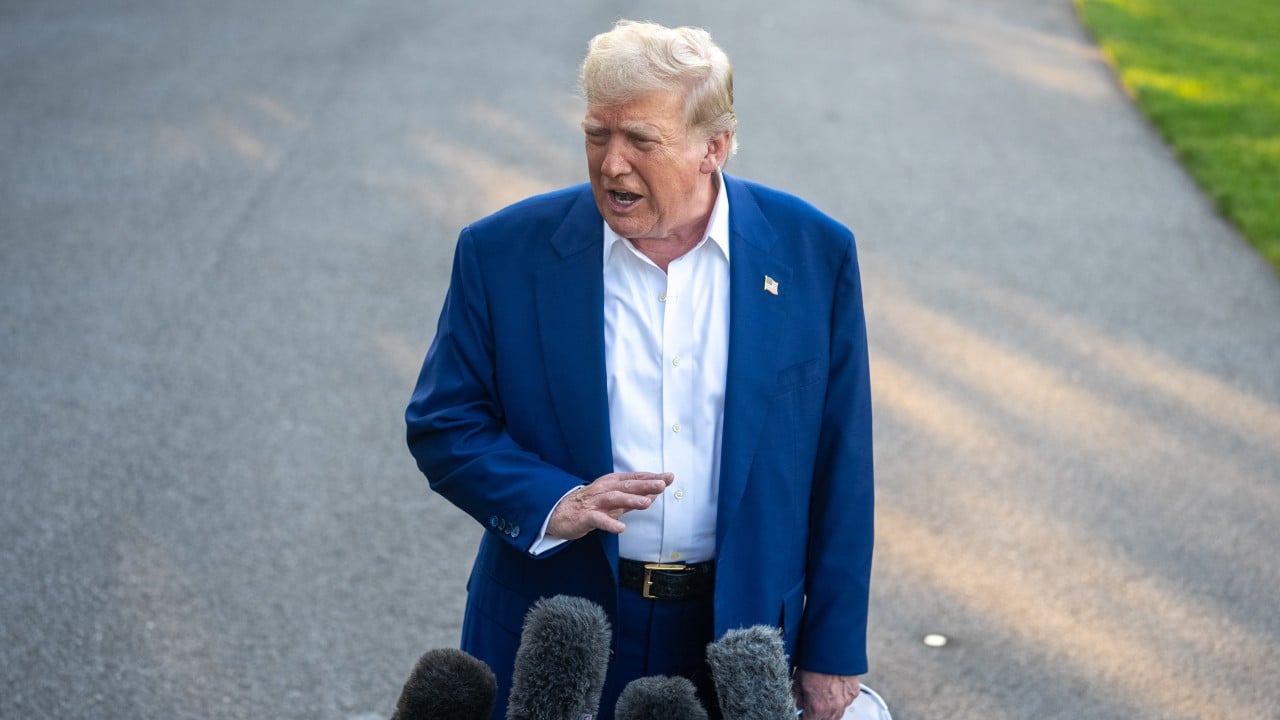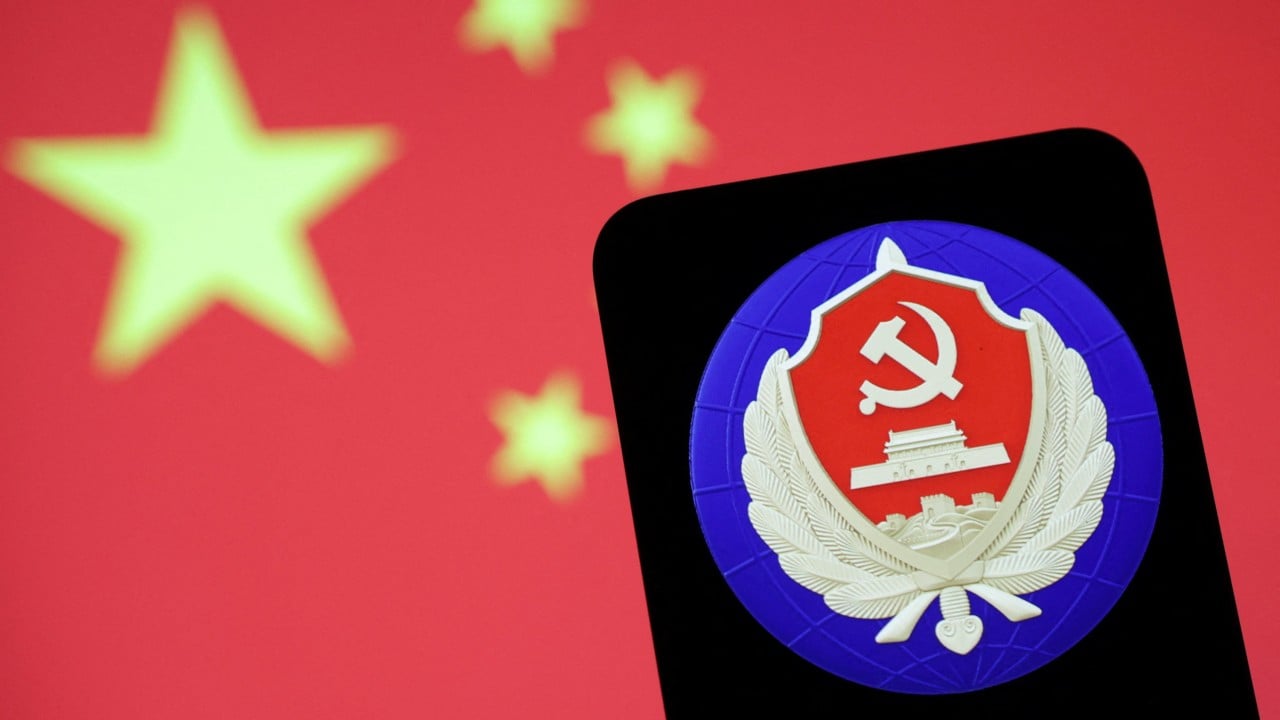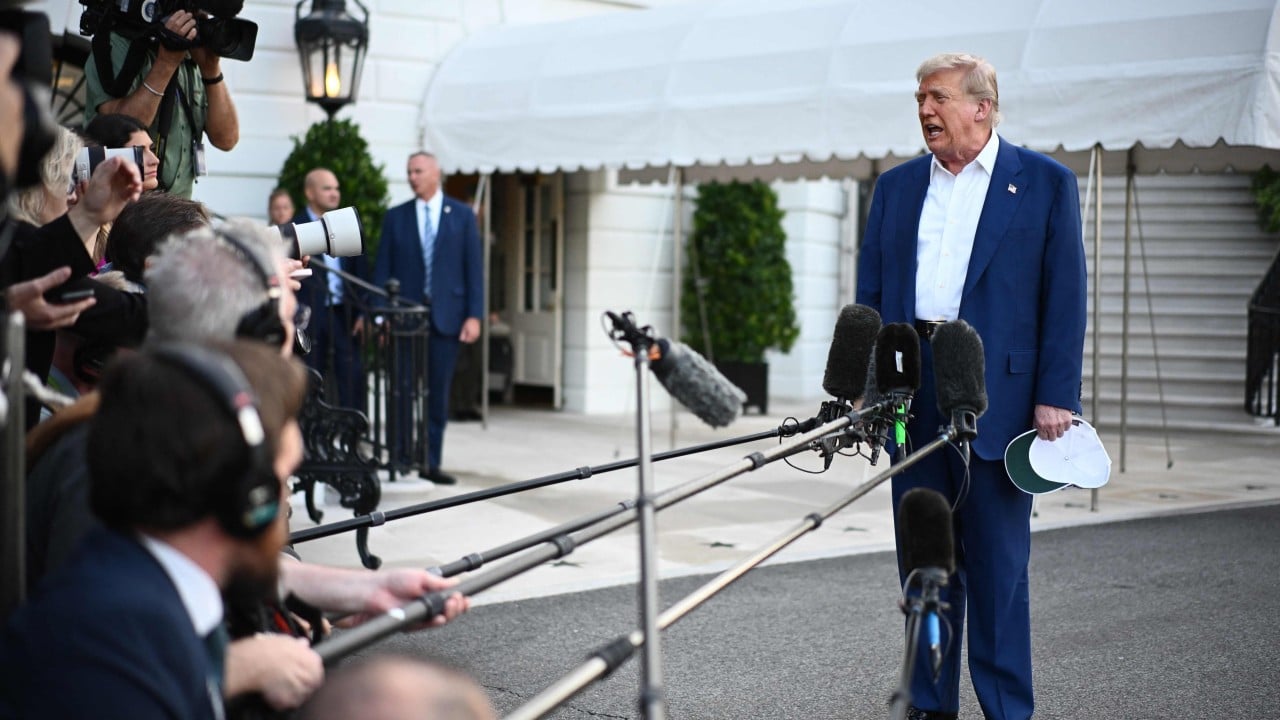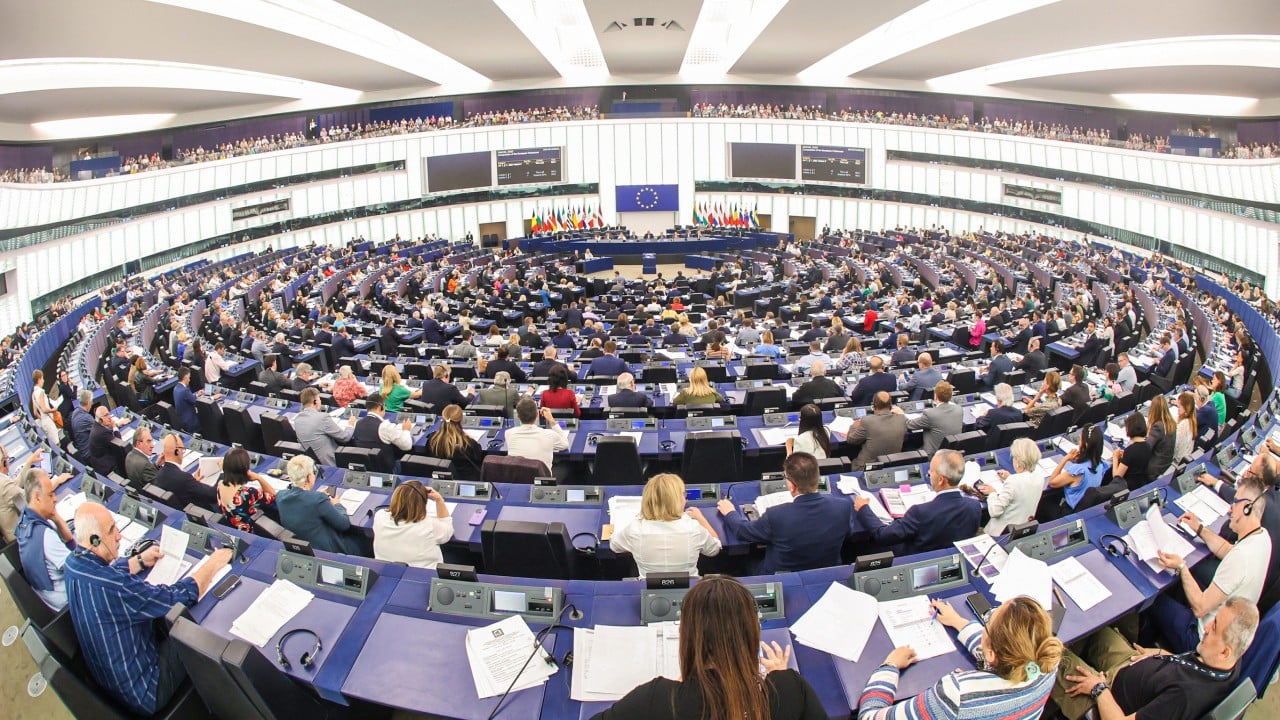
China's anti-narcotics authorities have added nitazenes and 12 other psychoactive substances to the country's list of controlled drugs following the emergence of new alternatives to nitazenes and imidates, and after 46 new psychotropic substances were scheduled last July.Nitazenes, a class of synthetic opioids, are substances more likely to cause severe respiratory depression and have reportedly caused hundreds of overdose deaths worldwide in recent years.The drug issue in China is generally stable and controllable, said Wei Xiaojun, head of the Ministry of Public Security's narcotics control bureau at a Thursday press conference in Beijing.
But he warned that the rapid evolution of new drugs and the growing complexity of drug-related crimes posed serious challenges for law enforcement.Wei said China has actively engaged in international anti-drug cooperation, including the inauguration of the China-U.S.
Counternarcotics Working Group in 2024 to help the U.S.
address its fentanyl crisis.But the so-called "fentanyl tariffs" are now hindering the mechanism, after the Trump administration linked the fentanyl issue to its tariffs on imports.
Beijing has voiced firm opposition."We have made it clear many times that the fentanyl issue is the United States' problem not China's, and the responsibility lies with the U.S.," said a spokesperson for the Chinese Foreign Ministry.In 2024, about 80,000 American people died from drug doses, among which more than half died from opioid drugs dominated by fentanyl-related substances.China added fentanyl-related substances to a supplementary list of controlled narcotic drugs in 2019, the first country to do so.
In a white paper released this March, China said it earnestly fulfills its international obligations in drug control and participated in international counternarcotics affairs, making relentless effort to work with other countries in the joint response to new challenges.

 17
17


















